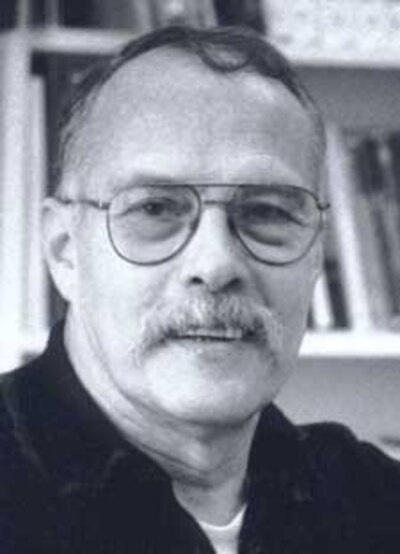
Today’s “Those Who Dared” excerpt is from the essay by Henry Levin, a Columbia University economist whose work focuses on the economics of education.
Earlier in his career, Levin supervised the Accelerated Schools Project, an effort to push a handful of low-performing California elementary schools to offer enhanced instruction to all students. Because of that experience, Levin argues that teachers should spend more time preparing instruction, not delivering it. This opinion sets him apart from some contemporary policy wonks who are pushing schools to adopt a longer school day and school year. He writes:
There is never enough time for planning, problem-solving, group learning, democratic participation in decisions, gathering information, celebrating, and all of the other activities that need to be incorporated into an Accelerated School. So called in-service days are few, and allocations for preparation time are typically encumbered by other demands that cannot easily be shed. Democratic decision-making for the school, problem-solving with inquiry methods, and the formulation and implementation of powerful learning units take considerable time, but all expand equity and effectiveness of instruction considerably. ASP always found that even creative ways of obtaining time outside of instruction were challenging and required compromises of personal time and school activities. Somehow we must find ways of building more time into the school day for planning and collaboration (as the Japanese do), even if there are fewer minutes of instruction.
